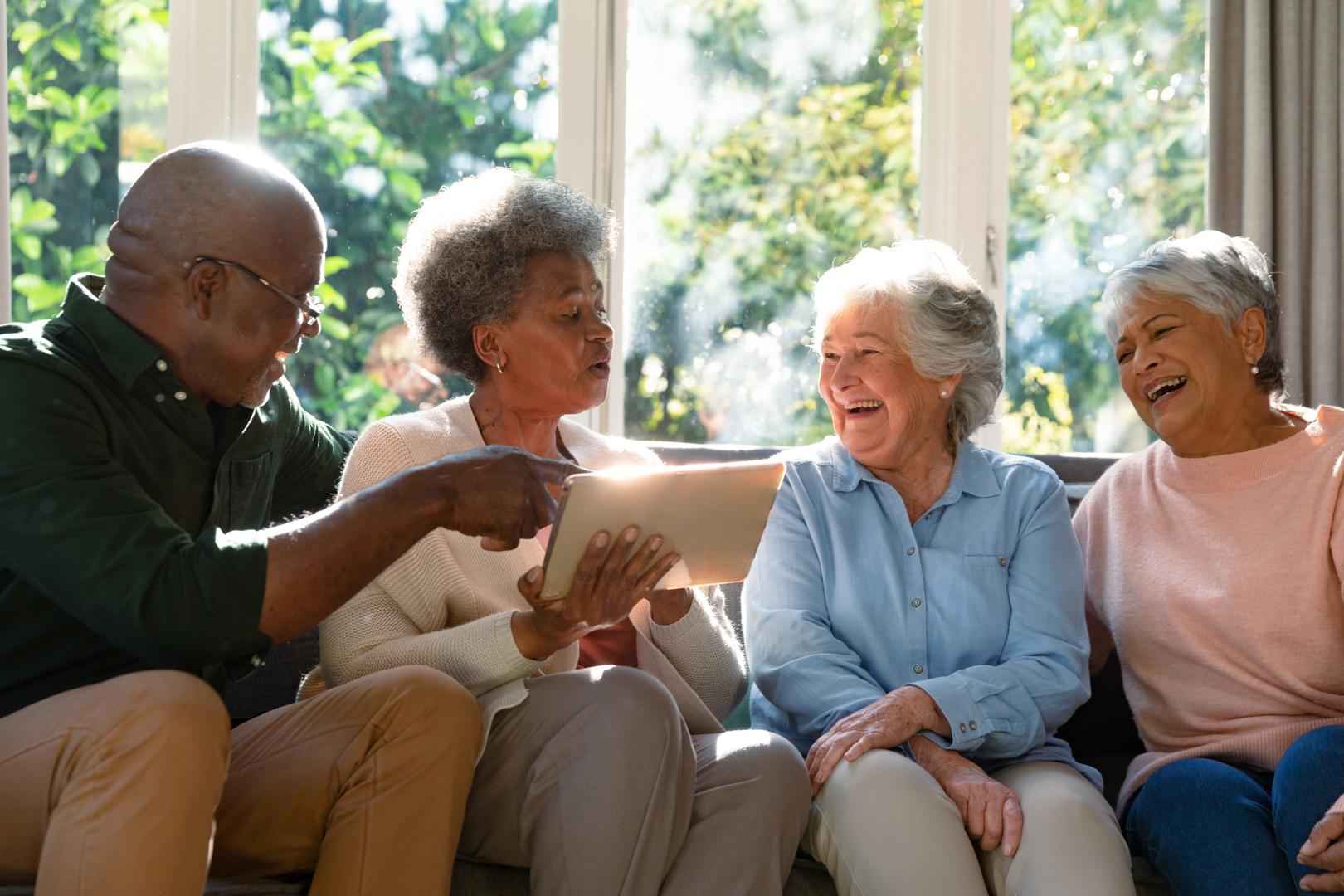More results...
Healthcare | November 25, 2024

Human connection goes beyond being an added benefit – it plays a vital role in shaping our lives. These social bonds become increasingly important as we age, but they can be more difficult to maintain.
The good news is that everything from a close-knit group of loved ones to new acquaintances can help enhance a senior’s golden years. Let’s break down the importance of encouraging a sense of community and how the power of social connection can have a profound impact on seniors’ mental health and wellbeing.
The reality of senior isolation is more prevalent than many seniors and loved ones realize. The American Medical Association reports that 37% of older adults experience loneliness and nearly as many feel socially isolated – and those were only the ones who openly realized it. It is also common for seniors to not acknowledge loneliness because they’ve grown used to being less social, don’t want to burden others, or don’t want to admit it out of a sense of pride.
Seniors are particularly prone to loneliness and isolation for several reasons. These feelings often emerge quietly as life circumstances change. Retirement leads to fewer daily interactions, physical changes make it harder to go out in public or visit loved ones, and the loss of a spouse or long-time friends can leave a significant void.
Regardless of the reasons, research shows that the lack of social connection has a notable impact on seniors’ wellbeing. According to the National Library of Medicine, isolation and loneliness negatively impacts seniors’ health in several ways, including:
Community is about more than just having people around – it’s about creating meaningful connections that enrich seniors’ lives. An active social community can help seniors stay engaged and improve their wellbeing in a wide variety of ways:
Finding and building a community doesn’t have to be overwhelming. Here are practical steps that can make a significant difference:
Trying to find the right place to build a strong community and live an ideal lifestyle? National Church Residences has more than 300 housing communities in 25 states to help seniors enjoy an active, fulfilling retirement. Find a community that’s close to you or give us a call at 844-465-6063 to talk to one of our friendly staff members today.
More results...
November 21, 2022 - Healthcare
Staying active at any age makes a difference. Check out these workouts for seniors to ensure that you stay healthy without overexertion.
November 29, 2022 - Healthcare
Regular balance exercises make a major difference in improving your stability. Learn about seven exercise that can improve your balance.
December 7, 2022 - Healthcare
It isn’t easy taking care of a loved one with dementia. These tips can help you take care of your loved one and make your life a little easier.